Ball Busting
It's all about fun and philanthropy at Stonewall Dodgeball

The air is filled with red and yellow balls. They whiz back and forth, slamming into walls, shaking the frames and glass panels of the reinforced steel doors, rebounding and ricocheting off of concrete and hardwood floors.
About a dozen players, dressed in team colors, move as quickly as they can, their attention snapping back and forth to the balls that keep flying towards them. The players spin, stumble, pirouette and twist their bodies into the most devilish contortions to avoid direct hits, then chase after the bouncing balls and aim them back at their competitors, in a sort of dance that requires a combination of focus, speed, stealth and deadly accuracy.
Such is a typical scene on Sunday afternoons at the DC Jewish Community Center, where Stonewall Dodgeball, an adult recreational sports league primarily aimed at LGBT players, meets. Each week, eight teams in two separate divisions do battle on half of a basketball court, the games separated by only a net. Now in its third season, Stonewall Dodgeball boasts 253 players, two-thirds of whom are returning players even as the league has grown by an average of 20 percent with each successive season, according to Melvin Thomas, commissioner of logistics and finance and part of the four-man “pit crew,” the equivalent of the organization’s board of directors.
David Waterman, commissioner of games and head referee for the league, first played in a gay dodgeball league when he lived in Los Angeles. When he moved to the District, he met the other members of the pit crew, and talked to them about forming a league in early 2013. He relied on his experience, both from playing in Los Angeles and from traveling to other cities for dodgeball tournaments, to make suggestions for how to set up the league, many of which were incorporated into Stonewall’s rules.
For Waterman, dodgeball is all about fun, but he understands why some in the LGBT community might be reticent to embrace the sport when they first hear about it, particularly if they have bad childhood memories associated with the sport.
“A lot of people have these really funny memories of dodgeball from when they were in elementary school,” he says. “They remember it with some level of bullying, being scared of the balls, typical gym class stuff.
“We’ve evolved from that quite a bit. They would recognize the game physically, but not those [negative] elements of it, because we don’t have any bullying here, we play with balls that don’t hurt, and we play with a rule system that is designed to promote fairness and fun for everybody’s benefit. Plus, we’ve combined that with the whole adult social gay scene, and an element of philanthropy, which is way different from what anyone was doing in elementary school.”
In fact, the league doubles as a nonprofit that uses the funds it raises from dues to give back to the community. James O’Leary, the commissioner of outreach and community engagement, who oversees the league’s philanthropic activities, says that in previous seasons, each team picked its own charity and played to raise money for it, with a monetary prize going to the overall dodgeball champions. This year, however, the league decided to do something different.
“During registration, we had players nominate charities that they were interested in voting for, and we did a league-wide voting process where people chose the top four charities,” O’Leary says. “Each charity has four teams assigned to it. Typically, we start off with $5,000 in the charity pot, from registration and initial sponsors, and each of those four teams is tasked with putting together either a fundraising event or a volunteer event associated with their charity.”
The four beneficiaries for this season are City Dog Rescue, the LGBT youth group SMYAL, the Wanda Alston House, which houses at-risk and homeless LGBT youth, and Whitman-Walker Health. Each regular season winner from each division gets money for their charity of choice. At the end of the season, all teams enter a randomly-seeded tournament. The top two teams emerging from the tournament earn $2,000 and $1,000, respectively, for their charity.
“I think it helps put people in the right mindset,” says Waterman. “Every single team here is fighting for a charity. So if they win, their charity gets more money. They’re all playing for a reason.”
Waterman also notes that dodgeball is an equal opportunity sport.
“What I like is that anybody can really shine in dodgeball,” he says. “You can shine as an individual or as a team. You can shine no matter your background, your physique, your history with being athletic. You can contribute something in a meaningful way.”
For more information on how to get involved, visit stonewalldodgeball.leagueapps.com or email stonewalldodgeball@gmail.com.
Support Metro Weekly’s Journalism
These are challenging times for news organizations. And yet it’s crucial we stay active and provide vital resources and information to both our local readers and the world. So won’t you please take a moment and consider supporting Metro Weekly with a membership? For as little as $5 a month, you can help ensure Metro Weekly magazine and MetroWeekly.com remain free, viable resources as we provide the best, most diverse, culturally-resonant LGBTQ coverage in both the D.C. region and around the world. Memberships come with exclusive perks and discounts, your own personal digital delivery of each week’s magazine (and an archive), access to our Member's Lounge when it launches this fall, and exclusive members-only items like Metro Weekly Membership Mugs and Tote Bags! Check out all our membership levels here and please join us today!





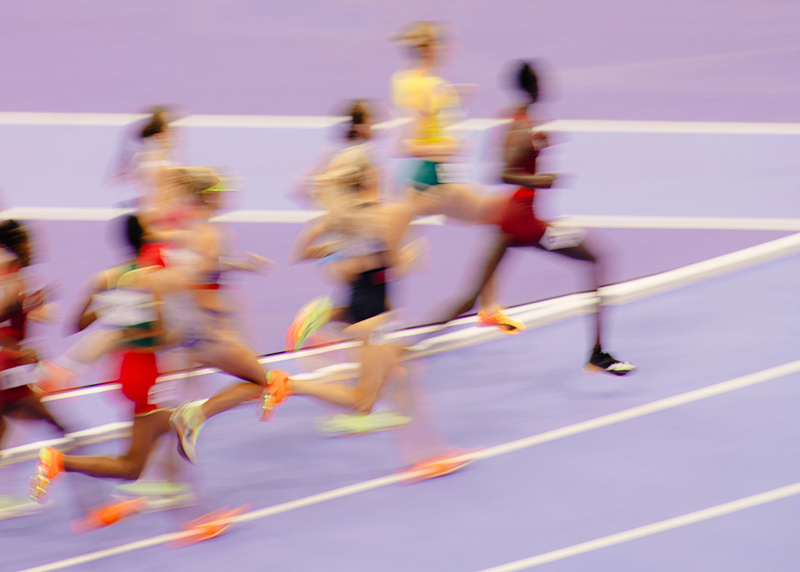
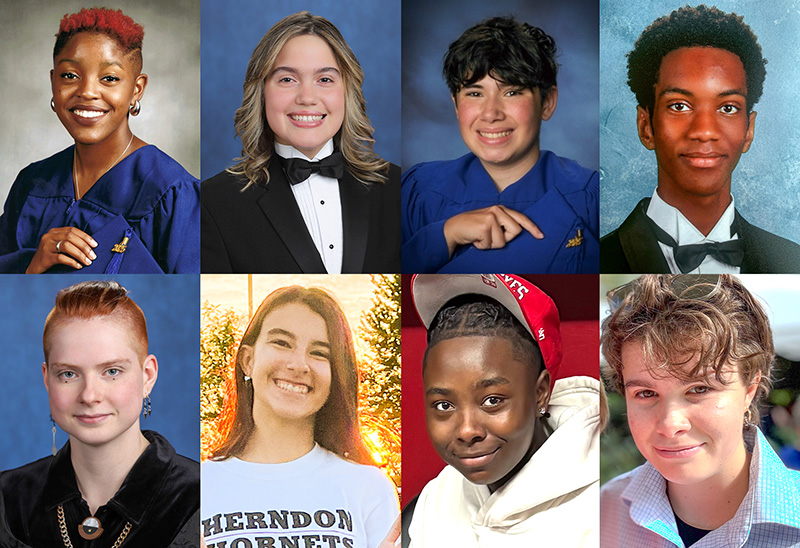















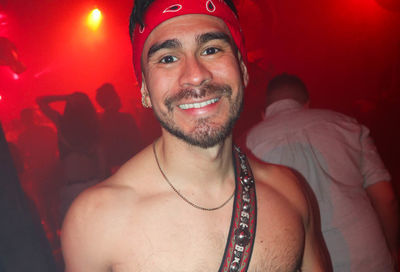
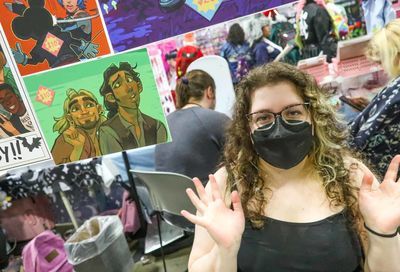
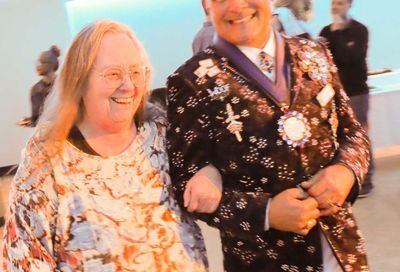
You must be logged in to post a comment.